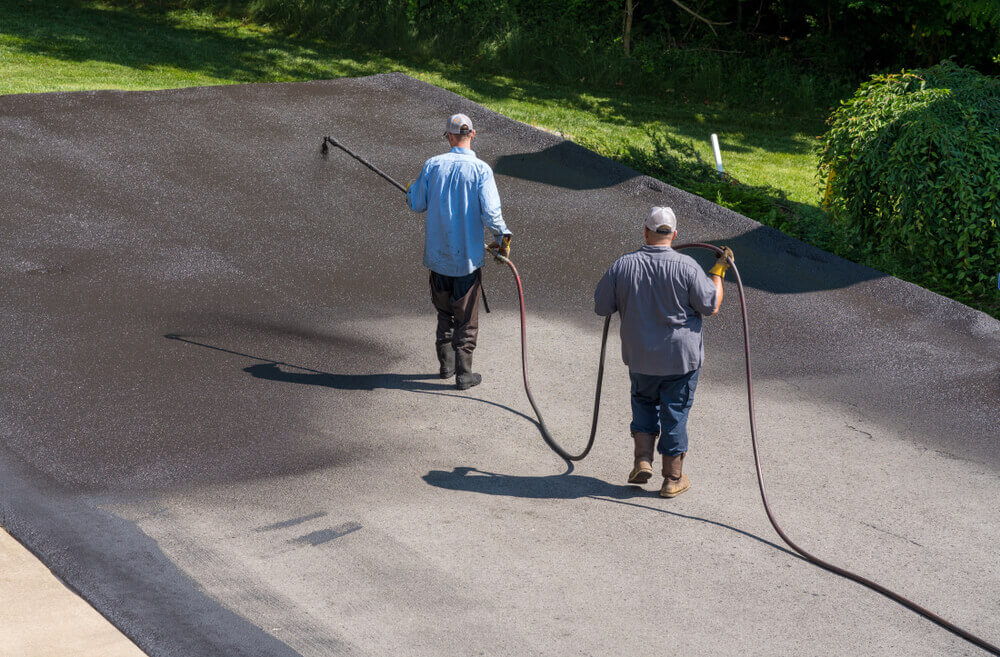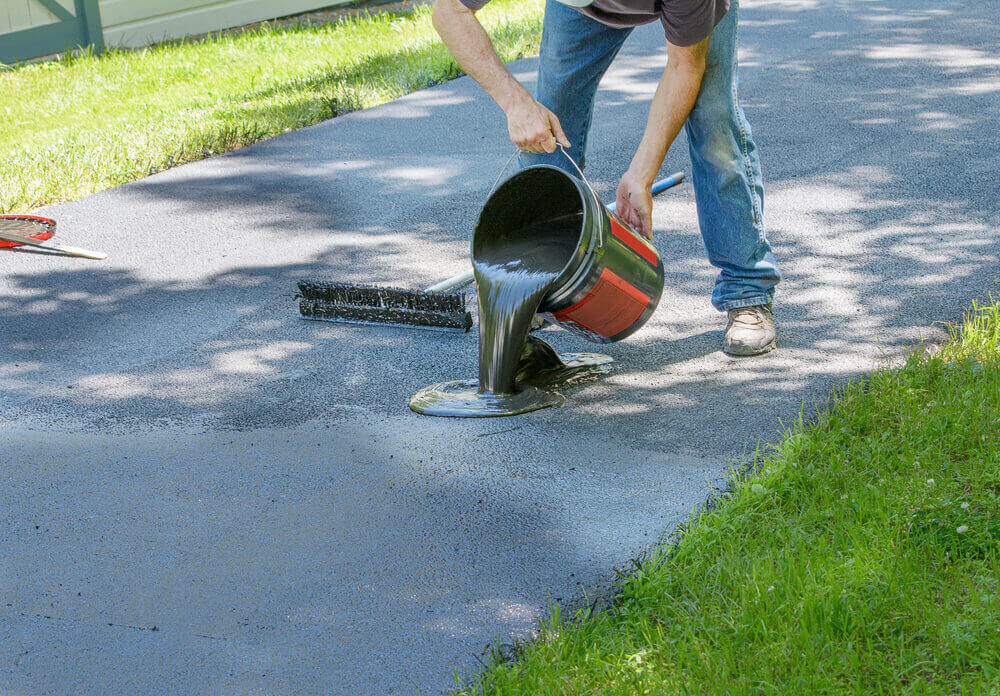Asphalt driveways are a popular choice among homeowners due to their durability, resilience, and aesthetic appeal. However, even the most well-constructed asphalt surfaces are not immune to deterioration over time. Premature failure of asphalt driveways can be a frustrating and costly issue, but understanding the underlying causes can help homeowners and contractors take proactive measures to extend the lifespan of these valuable investments.
The Foundation for Asphalt Driveways
One of the primary culprits behind premature asphalt driveway failure is the condition of the underlying subgrade. The subgrade, which is the natural soil or base material upon which the asphalt is laid, plays a crucial role in the overall stability and longevity of the driveway. When the subgrade is inadequate, it can lead to a variety of issues that compromise the integrity of the asphalt surface.
Poor Soil Composition
Certain soil types, such as those high in clay content or organic matter, are inherently unstable and unable to provide the necessary load-bearing capacity for a driveway. These soils can become saturated with moisture, leading to swelling, settling, and ultimately, the formation of cracks and depressions in the asphalt.
Inadequate Drainage
Effective drainage is a critical component of a well-designed driveway system. When water accumulates on the surface or within the subgrade, it can erode the underlying materials, causing the asphalt to lose support and break down prematurely.
Substandard Construction Practices
Cutting corners or failing to adhere to best practices during the construction process, such as improper temperature control or improper joint sealing, can also contribute to the premature failure of the asphalt driveway.
Asphalt Mix Considerations: Balancing Strength and Flexibility
The composition and quality of the asphalt mix itself can also contribute to premature driveway failure. Factors such as the type and gradation of aggregates, the asphalt binder content, and the overall mix design can all impact the durability and performance of the asphalt.
Improper Asphalt Mix Design
If the asphalt mix is not formulated to withstand the specific traffic and environmental conditions of the driveway, it can lead to issues like rutting, cracking, and premature deterioration. Careful consideration of the mix design is essential to ensure the asphalt can adequately support the expected loads and resist the effects of weathering.
Substandard Material Quality
The use of inferior or inappropriate materials in the asphalt mix can also compromise the driveway’s performance. Poorly graded aggregates, low-quality asphalt binders, or the inclusion of contaminants can all contribute to the premature failure of the asphalt surface.
Improper Asphalt Placement and Compaction
Even the best asphalt mix can fail if it is not properly placed and compacted during the construction process. Improper techniques, such as insufficient rolling or uneven distribution of the asphalt, can result in inconsistencies and weak spots that are vulnerable to cracking and deformation.
Environmental Factors: Weathering and Wear
The natural elements that asphalt driveways are exposed to can also significantly contribute to their premature failure. Factors such as moisture, temperature fluctuations, and chemical exposure can all affect the durability of the asphalt surface.
Moisture Intrusion
Water is one of the primary enemies of asphalt driveways. When moisture penetrates the surface, it can weaken the asphalt binder, leading to cracking, raveling, and the eventual breakdown of the pavement. Proper drainage and sealcoating are essential to protect the asphalt from the damaging effects of water.
Thermal Stress
Extreme temperature changes, such as those experienced during freeze-thaw cycles, can cause the asphalt to expand and contract, leading to the formation of cracks and other structural defects. This thermal stress can be exacerbated by the use of improper or inadequate asphalt mixes that are unable to withstand the environmental conditions.
Chemical Exposure
Exposure to chemicals, such as oil, gasoline, or other automotive fluids, can soften and deteriorate the asphalt binder, causing the pavement to become more susceptible to cracking and disintegration. Proper maintenance and prompt cleanup of any spills are essential to prevent this type of damage.
Excessive Loading and Wear: The Impact of Heavy Traffic
The weight and frequency of traffic on an asphalt driveway can also contribute to its premature failure. Factors such as the type of vehicles using the driveway, the intensity of usage, and the distribution of loads can all play a role in the deterioration of the pavement.
Heavy Vehicle Traffic
Driveways designed for regular passenger vehicle use may not be able to withstand the weight and impact of heavier vehicles, such as trucks, construction equipment, or RVs. Repeated exposure to these heavy loads can lead to the formation of ruts, potholes, and other structural deformities.
Uneven Load Distribution
The way in which vehicles are parked or positioned on the driveway can also affect the distribution of loads, leading to the development of weak spots and premature failure. Encouraging even wear by rotating the parking locations or limiting the number of vehicles on the driveway can help mitigate this issue.
Lack of Maintenance and Repair
Neglecting to address minor issues, such as cracks or surface irregularities, can allow them to worsen over time, eventually leading to more significant and costly repairs. Regular maintenance and prompt attention to any driveway damage can help extend the lifespan of the asphalt surface.
Biological Factors: The Unseen Threat of Root Intrusion
While often overlooked, the presence of vegetation near an asphalt driveway can also contribute to its premature failure. The invasive growth of tree roots and other plant life can disrupt the structural integrity of the pavement.
Root Penetration
As tree roots grow and expand, they can push up through the asphalt, creating cracks and deformations that allow water to infiltrate the subgrade. This can lead to the weakening of the underlying support and the eventual breakdown of the driveway surface.
Improper Site Preparation
Failing to remove or properly address the presence of existing vegetation during the driveway’s initial construction can set the stage for future root-related issues. Careful site preparation and the use of root barriers can help mitigate this problem.
Proactive Measures for Durable Asphalt Driveways

Addressing factors that cause premature failure is crucial to ensuring the longevity and performance of asphalt driveways. Proper subgrade preparation, high-quality asphalt mixes, effective drainage solutions, and strict quality control during construction are key. By focusing on these areas, homeowners, and contractors can create durable driveways that stand the test of time. For asphalt pavement repair or replacement, contact Richfield Blacktop today.





